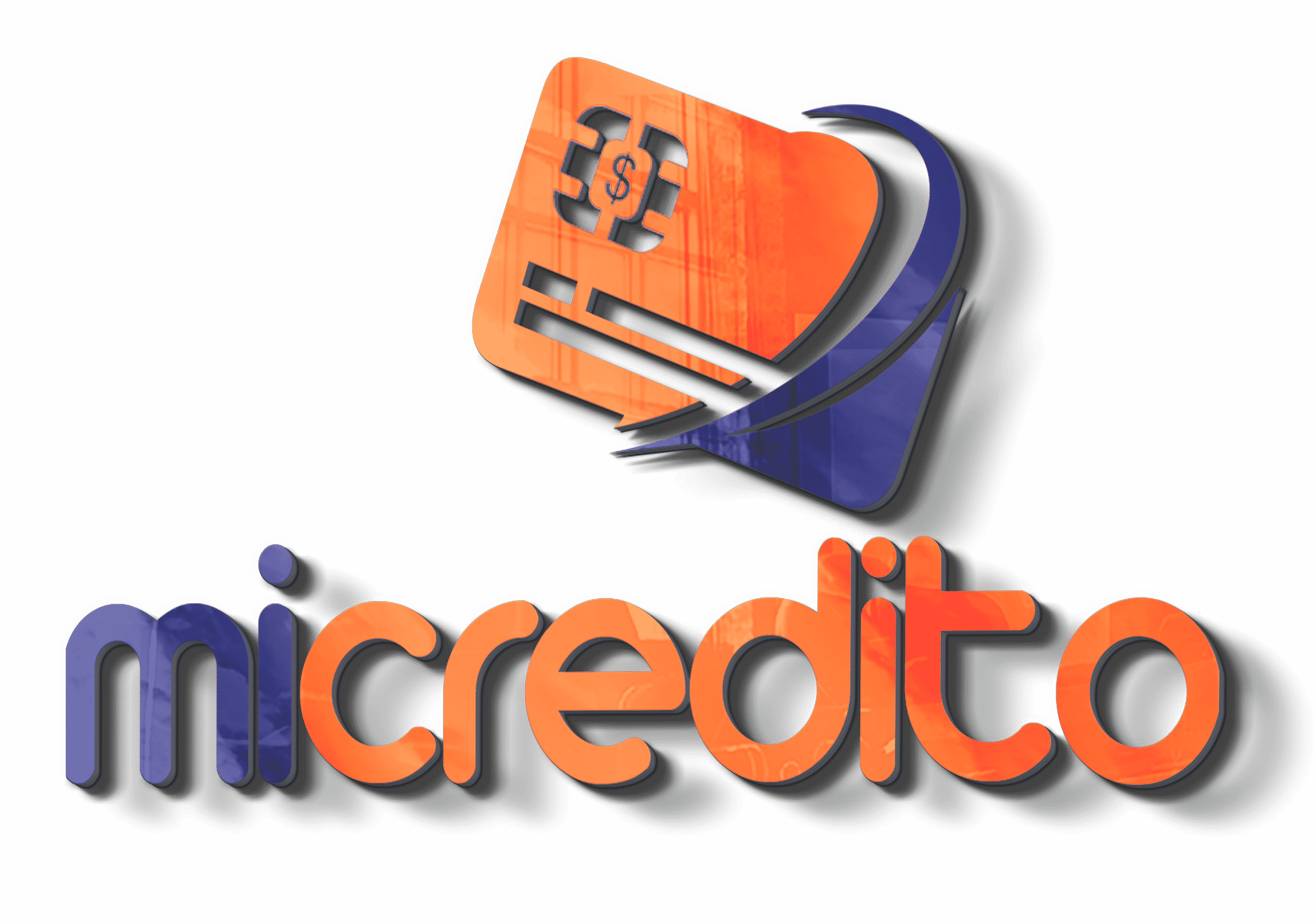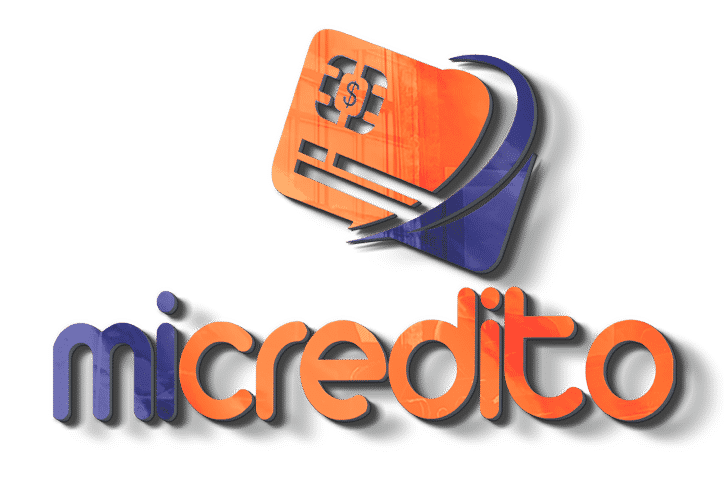Managing debt can be overwhelming, especially when you have multiple balances with varying interest rates, payment due dates, and terms. This complexity often leads to missed payments, higher interest charges, and a growing feeling of financial stress. Fortunately, debt consolidation with a personal loan is a strategy that can streamline your debt management, lower your interest rates, and provide a clear path toward financial stability.
In the USA, personal loans have become an increasingly popular solution for debt consolidation due to their accessibility and straightforward structure. In this guide, we’ll explore how to consolidate debt with a personal loan, the benefits it offers, and the key factors to consider before moving forward with this financial solution.
Understanding debt consolidation with personal loans

Debt consolidation through a personal loan involves taking out a new loan to pay off multiple existing debts, such as credit card balances, medical bills, or other high-interest obligations. The goal is to combine all your outstanding balances into one, manageable monthly payment, ideally at a lower interest rate than your current debts. With a personal loan, you get a fixed interest rate and a structured repayment plan, which can make your financial obligations more predictable and easier to manage.
Advantages of consolidating debt with a personal loan
Using a personal loan for debt consolidation offers several benefits. First, it can simplify your finances by combining multiple payments into one, reducing the risk of missed payments and potential late fees. Additionally, if you qualify for a lower interest rate, you could save significantly on interest costs over time, which helps accelerate your journey to becoming debt-free.
Another key benefit is that personal loans have a set repayment period, unlike revolving credit options like credit cards, which means you’ll have a clear timeline for paying off your debt. Personal loans can also improve your credit score over time. Personal loans often come with lower interest rates compared to credit cards, making them an appealing option for those looking to save on interest costs over time.
When you consolidate your credit card balances with a personal loan, you reduce your credit utilization rate, which is a major factor in your credit score. By consistently making on-time payments, you demonstrate responsible credit management, which can further boost your score and financial standing.
Steps to consolidate debt with a personal loan
- Assess your debt and budget: Start by taking an inventory of all your debts, including balances, interest rates, and monthly payments. This helps you understand the total amount you need to consolidate and sets realistic expectations for your new loan. Evaluating your budget is equally important to determine how much you can afford for a monthly loan payment without straining your finances.
- Compare personal loan options: Personal loan rates and terms vary widely depending on your credit score, loan amount, and lender. Researching multiple lenders and pre-qualifying for loans can help you compare rates, fees, and repayment terms. Consider both traditional banks and online lenders, as online lenders often offer competitive rates and may provide quicker approval processes.
- Apply for the loan and pay off debts: Once you’ve selected a loan that meets your needs, submit your application with all required documentation. Upon approval, many lenders offer direct payment to creditors, meaning they will directly pay off your outstanding balances. This ensures that the loan is used solely for debt consolidation. Afterward, you’ll be left with just one loan to manage, simplifying your debt repayment.
Factors to consider before consolidating debt with a personal loan
Consolidating debt with a personal loan can be a smart move, but it’s essential to consider a few factors before proceeding. Understanding these aspects will help ensure that debt consolidation aligns with your financial goals and capacity. While debt consolidation can simplify your finances, it’s important to avoid accumulating new debt to ensure long-term financial stability.
Interest rates and loan fees
The interest rate on your personal loan is one of the most crucial factors to examine, as it determines how much you’ll pay over the life of the loan. Ideally, your new loan should offer a lower interest rate than your existing debts. However, it’s important to note that some personal loans come with additional fees, such as origination fees, which can range from 1% to 5% of the loan amount.
Make sure to factor in these fees when calculating the overall cost of your loan. In addition to origination fees, some loans may have prepayment penalties if you choose to pay off the loan early. Read the terms carefully to avoid unexpected costs. Remember, the ultimate goal of debt consolidation is to save money, so ensure that your loan’s terms and fees support this objective.
Impact on credit score
Taking out a personal loan will have both short-term and long-term effects on your credit score. When you apply for a loan, the lender will conduct a hard inquiry on your credit report, which may cause a temporary dip in your score. However, if you use the loan to pay off credit card balances, your credit utilization rate decreases, which can positively impact your score over time.
Making on-time payments is essential for maintaining and improving your credit score. By consolidating debt, you’re creating a single payment schedule, which can simplify this task and reduce the likelihood of missed payments.
Remember that a personal loan is a form of installment credit, different from revolving credit like credit cards. This diversity in your credit mix can further benefit your credit score, especially if you previously had only credit card debt.
Repayment terms and loan structure
Personal loans come with fixed repayment terms, which can range from 12 months to several years. While longer terms mean lower monthly payments, they also result in paying more interest over the life of the loan. Choosing the right repayment term requires a balance between monthly affordability and overall interest costs. Carefully consider how the term will impact your budget and the total interest you’ll pay.
Some lenders offer flexibility in repayment terms, allowing you to choose a period that aligns with your financial goals. A shorter term can save you money on interest, but it’s important to ensure that the monthly payment fits comfortably within your budget. Remember, debt consolidation is meant to ease financial stress, not add to it. Selecting the right loan structure is key to achieving that relief.





